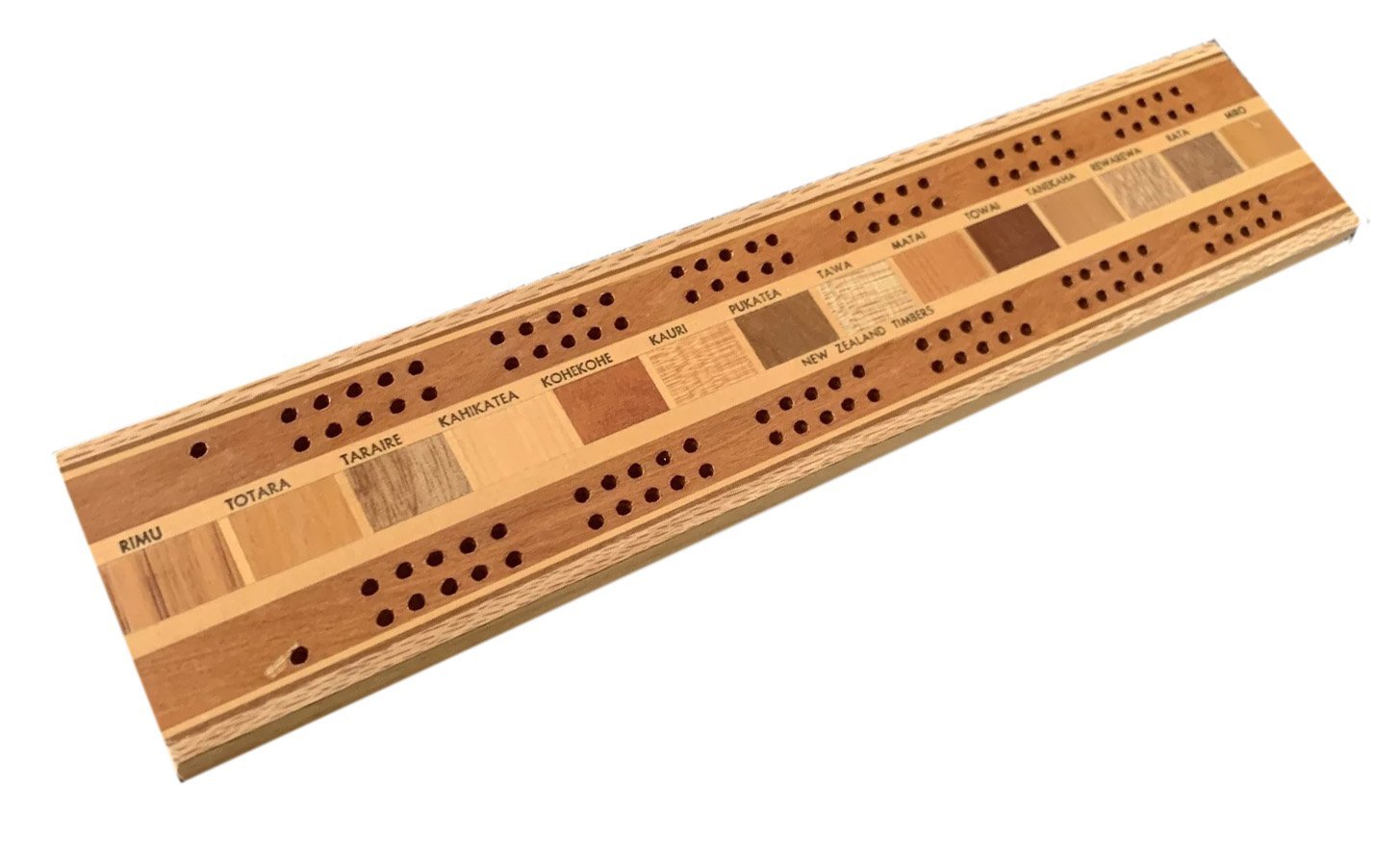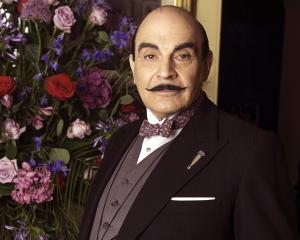
Older people say time accelerates as they age. That makes sense because each year becomes a shorter proportion of our lives.
We might, with apologies to Albert Einstein, call this theory "age relativity". For 5-year-olds the next year will be 20% of their life. For those turning 50, the following year will be 2%. No wonder time seems to speed up.
Another theory is discussed in the book Making Time, by English psychology academic Steve Taylor.
Time seems to slow down when we’re exposed to new environments and experiences, he claims. The more information our minds take in, the slower time seems to pass.
For children, the world is full of new experiences and sensations. When we’re older, much more is familiar.
One way to slow time is to seek out new experiences, new people, new challenges and new places, Dr Taylor says.
If, for example, we’re overseas we process more information and are more sensitive to our surroundings.

Mindfulness means giving all our attention to experiences — to what we are seeing, feeling, tasting, smelling or hearing — rather than to our thoughts.
The idea is to avoid familiarity by changing our attitudes to experiences.
That might be bringing your attention to the here and now in the shower or on the way home from work.
Dr Taylor suggests not listening to music or daydreaming when mowing the lawn or washing the dishes. Give attention to the objects and the physical experiences.
Even if Dr Taylor is correct that this open and alert attitude will have a time-expanding effect, Civis is unconvinced by his assertion this will make chores more enjoyable.
Listening to favourite music trumps focusing on a pot, a brush, soapy water and scrubbing. Surely, those are occasions when you actually want time to travel faster.
* * * * *

Seldom these days does Civis hear of cribbage or crib, but that doesn’t mean the game has died. A national tournament is held each year, and the game is still played in various clubs.
Online opportunities are plentiful, and the distinctive boards are still for sale in a classic native timber version. A coloured variety is sold online at Harvey Norman for $34.
Civis was taught cribbage years ago, and it’s fun. It combines the luck of cards with various playing and scoring tactics for the deal, the play and the show.
It’s a two-person game with three or four-participant options. The goal is to reach 121 or another stipulated total.
Each player uses leap-frogging pegs — Civis remembers matches as substitutes.
Victorian novelist Charles Dickens, mentioned two weeks ago for his use of "crib" in other meanings, is credited with boosting the game by depicting cribbage extensively in The Old Curiosity Shop (1841).
A 17th-century English knight, poet, playwright, and gambler, Sir John Suckling, is said to have invented cribbage. It was adapted from an earlier game called Noddy.
It is said to be the only game you can play in an English pub for money, at least officially.
The "pegging" phase during "the play" apparently gave rise to the expression "level pegging". Cribbage developed all sorts of traditions including cute scoring couplets. Civis dredges from memory "15 two, 15 four/ And the rest won’t score."
If you find a cribbage board lying around, it might be worth indulging in a little "old curiosity".












